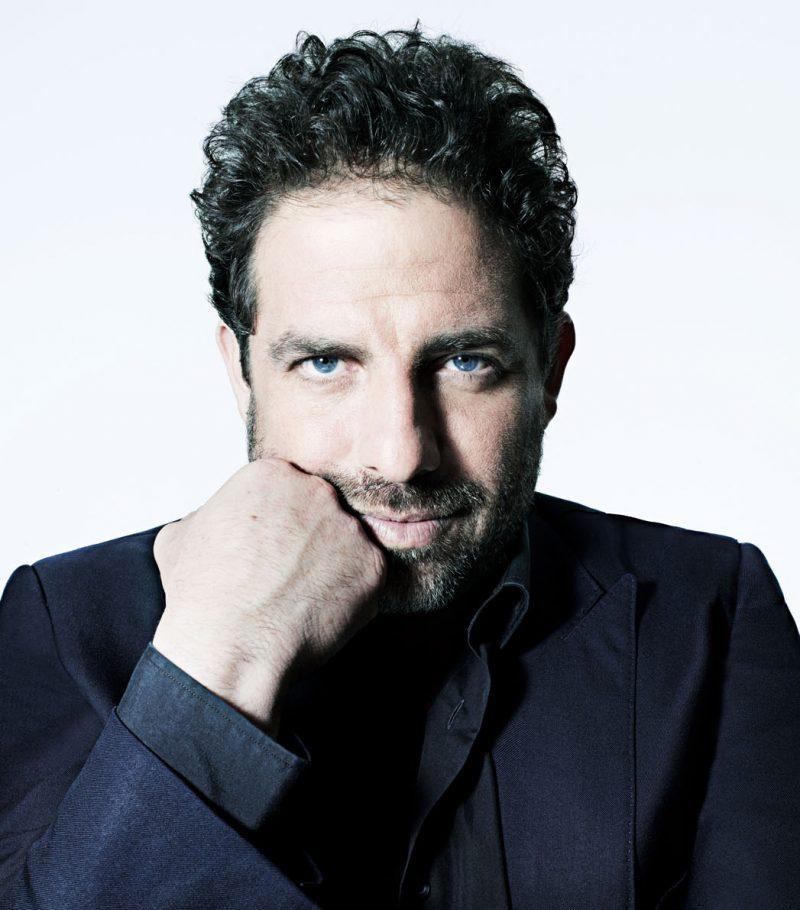
Recently, director and producer Brett Ratana said that the famous American film review website Rotten Tomatoes ruined Hollywood.
At last week's Sun Valley Film Festival, the director of "Rush Hour" said he had great respect for traditional film criticism. But he also believes that reducing hundreds of reviews from online and offline to a popular total rating becomes a harmful and wrong label.
"The worst thing about movie culture today is Rotten Tomatoes." Ratana said. His company, Ratpac Entertainment, was involved in a joint venture for Batman vs. Superman: Dawn of Justice (2016). "I feel like it's a disruption to the industry. I have always had a heart of respect and appreciation for film critics. When I was a kid, film criticism was a real art. You'll read reviews by Pauline Kael and others, and that's no longer there. Now there is only one number. A number that represents the ratio of positive and negative reviews. Now the situation is 'What is the Rotten Tomatoes score of your movie?' It's sad. It's just that Bat v Superman's Rotten Tomatoes ratings are so low that this otherwise highly successful movie is overshadowed. ”
Batman v Superman, directed by Zack Snyder, cost about $250 million and grossed $900 million worldwide, though it was considered a disappointing film (Rotten Tomatoes freshness 27%).
"People don't know what it means to make a movie like this." Ratana continued. "It's weird, it's crazy, it hurts the industry, it keeps people from going to a movie. In the U.S. it's often 'Oh, this Rotten Tomatoes score is too low, so I don't go and watch it, this one must be sucking.' But that's a rolled-up score, and nobody knows what that score means, and it's not always correct. It's sad that movie reviews have disappeared, which is really sad. ”
Many popular films have low Rotten Tomatoes ratings, including Home Alone (55 percent), Hook (1991, 30 percent), Wet American Summer (32 percent), and The Mighty Ducks (15 percent). This has been happening more recently in TV series, with Netflix's "Iron Fist" (2017) with a critic rating of 18 percent and an audience rating of 83 percent.
We also reached out to Rotten Tomatoes and asked them what they thought of Ratana, and Jeff Voris gave us a statement in response. "At Rotten Tomatoes, we totally agree that film reviews are important and valuable, and for fans, we've simplified the way we get hundreds of professional reviews of a movie or a TV series, which is unprecedented." "The Rotten Tomatoes score, which shows the percentage of positive reviews in professional reviews, has become an effective tool for fans to make decisions, but we believe this is a start, they will still discuss, argue, and exchange opinions with each other," Verris wrote. ”
This is not the first time Rotten Tomatoes has been criticized by Hollywood. In 2015, famed actress Meryl Streep questioned the male-female ratio of Rotten Tomatoes raters. At a press conference at the London International Film Festival, she said that the number of Rotten Tomatoes raters was 168 women and 769 men, and that such an imbalance would lead to a shift in the scoring results, so that the industry tended to develop on a masculine taste.
That same year, literary horror director David Cronenberg made similar criticisms to Ratana (although his work received very favorable reviews). He told a Canadian news outlet that Rotten Tomatoes reduced the entire review process to a simple "good/bad" review. Cronenberg argues that it is the diversity of perspectives that makes some high-quality voices, and the way rotten Tomatoes does not have such diversity, so it seems that such a mechanism does more harm than good.
Compilation: Drunken Ding